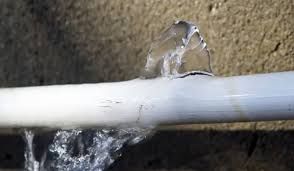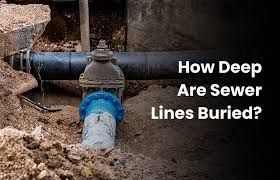When to Repair vs. Replace Your Water Heater
When it comes to your home's water heater, deciding between repairing or replacing it can be challenging. Factors such as age, cost, performance, and efficiency all play a role in determining the best course of action. This guide will help you understand when to repair and when to replace your water heater, ensuring you make the most cost-effective and efficient decision for your home.
Understanding the Age of Your Water Heater
Assessing Age and Efficiency
Water heaters typically last 8 to 12 years for traditional tank models and up to 20 years for tankless versions. If your water heater is nearing the end of its expected lifespan and begins to show signs of wear, it might be time to consider a replacement. Older units are often less efficient, which can lead to higher energy bills and reduced performance.
Common Water Heater Issues and Repair Solutions
1. Minor Leaks
Minor leaks are usually a repairable issue. If the leak is coming from the valve or pipe fittings, a plumber can often fix it by tightening or replacing a part. However, if the tank itself is leaking, replacement is likely the better option.
2. Inconsistent Water Temperature
If you’re experiencing fluctuating water temperatures, the problem might be as simple as a faulty thermostat or heating element, both of which are relatively inexpensive to replace. For newer units, repairs can be a cost-effective solution.
3. Strange Noises
Water heaters often produce noises due to sediment buildup in the tank. Flushing the tank can resolve this issue and is a routine maintenance task. If noises persist after flushing, it might indicate a more severe problem.
Signs It’s Time to Replace Your Water Heater
1. Age and Frequent Repairs
If your water heater is more than 10 years old and requires frequent repairs, replacement may be more cost-effective. Frequent breakdowns can signal that the unit is failing, and replacement would save you from continuous repair costs.
2. Rusty Water
Rusty water coming from your hot water taps is a sign that the inside of your tank is corroding. This usually indicates that the water heater is nearing the end of its life, and replacement is advisable to prevent leaks and possible flooding.
3. Lack of Hot Water
If your water heater can no longer provide an adequate supply of hot water, or if it runs out too quickly, it might be struggling to keep up with your household demands. An upgrade to a larger or more efficient unit can provide better performance and energy savings.
Evaluating the Cost-Benefit of Repair vs. Replacement
Cost Considerations
Repairs are generally less expensive upfront than replacements. However, if your unit is old and inefficient, replacing it might save you money in the long run due to reduced energy bills and fewer service calls.
Energy Efficiency
Modern water heaters are more energy-efficient, which can lead to significant savings over time. If your current unit is an older model, upgrading to a new, energy-efficient model could reduce your utility bills.
Environmental Impact
Eco-Friendly Options
Replacing your old water heater with an energy-efficient model can also reduce your carbon footprint. Tankless water heaters, for example, only heat water as needed, which reduces energy consumption compared to traditional models that constantly maintain a reservoir of hot water.
Consulting with a Professional
Expert Advice
If you're unsure whether to repair or replace your water heater, consulting with a professional plumber can provide clarity. They can assess your specific situation, taking into account the age, condition, and efficiency of your current water heater, and recommend the best course of action.
Conclusion
Deciding whether to repair or replace your water heater depends on various factors, including the unit's age, the frequency of repairs, performance issues, and energy efficiency. Understanding these factors can help you make an informed decision that balances both cost and long-term benefits.
FAQs
1. How often should a water heater be replaced?
Typically, a traditional water heater should be replaced every 8-12 years, while tankless models can last up to 20 years.
2. Can a water heater last 20 years?
Yes, tankless water heaters can last up to 20 years with proper maintenance. Traditional tank water heaters usually have a shorter lifespan.
3. What are the signs that your water heater is going bad?
Signs include rusty water, strange noises, leaks, inconsistent water temperatures, and a lack of hot water.
4. Is it worth repairing a water heater?
If the unit is relatively new and the issue is minor, repairing can be a cost-effective solution. However, for older units with frequent issues, replacement might be more economical in the long run.
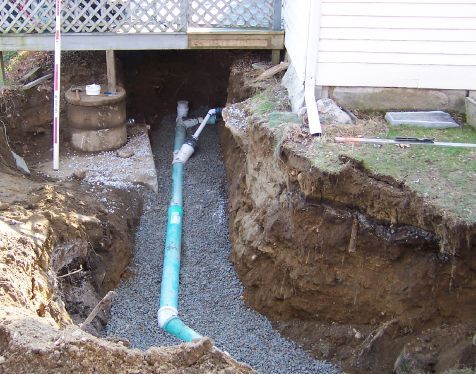
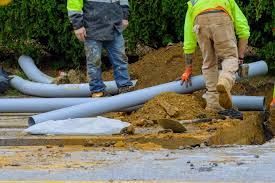
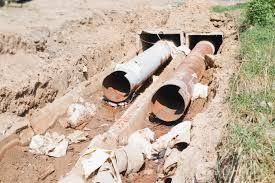
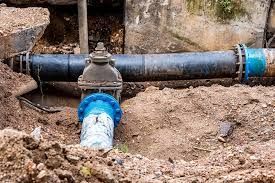

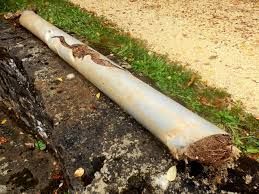
CONTACT INFORMATION
Office:
855-266-7682
Email:
service@AllCityPlumbers.com
Address: 6694 Oak Ridge Commerce Way, Austell, GA 30168
Business Hours:
Mon - Sun 24 Hours
OUR SERVICES
© 2022 All Rights Reserved|All City Plumbers Privacy Policy | Terms & Conditions | Sitemap

